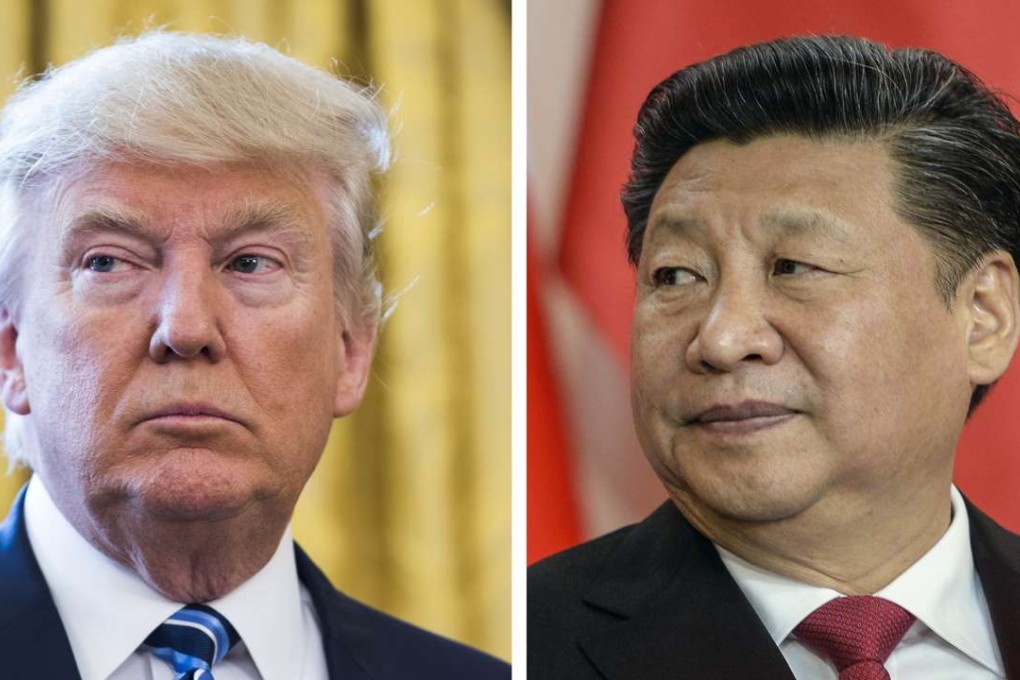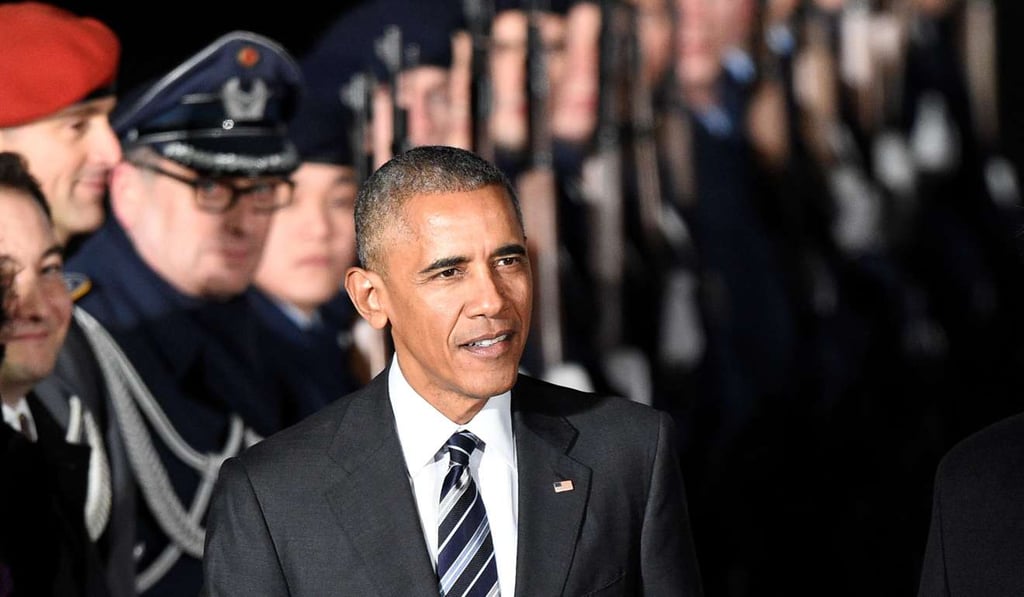Trump’s rise leaves China ideologically safe but facing graver security risks
Minxin Pei says while Beijing may be relieved that Donald Trump’s arrival marks the demise of Western liberal democracy, his fulminations over economic and territorial issues pose acute dangers

The cold war ended in December 1991, when the Soviet Union disintegrated. The post-cold-war era ended in November 2016, when Donald Trump won the US presidency.
It is impossible to predict all of what the Trump era will bring. But some consequences are apparent: his presidency has already upended the key assumptions underpinning China’s post-cold-war grand strategy.

In the Trump era, we can’t rule out war between China and the US, whether over trade or security
All in all, China’s leaders had come to terms with the dual nature of America’s hedging strategy, whereby the US engaged with China economically and diplomatically, while maintaining a robust security posture. And they had developed a strategy of their own that aimed to make the most of this relatively peaceful operating environment to pursue their main objective: rapid economic development. Now, however, that operating environment has changed. With Trump in the White House, China’s grand strategy will have to be redrafted according to a new set of assumptions.
